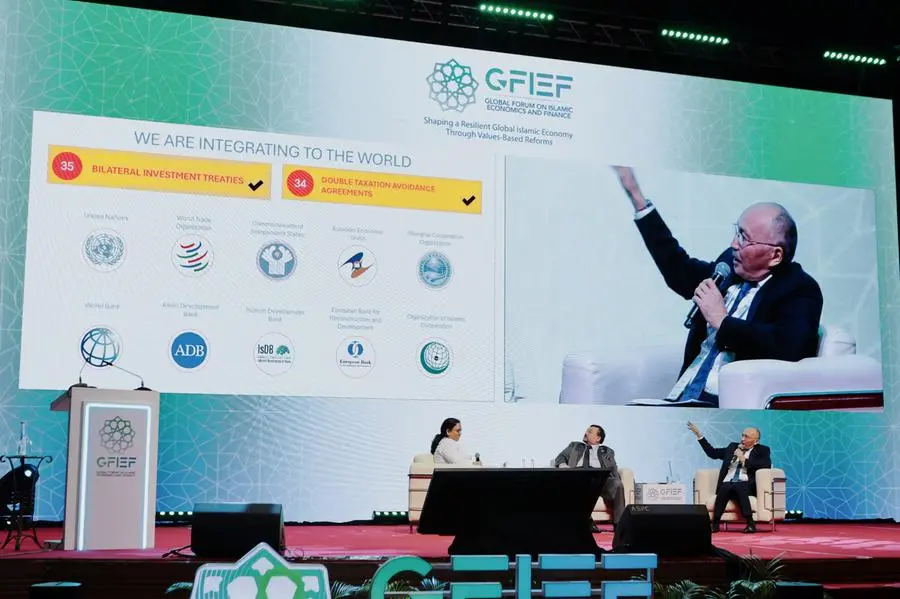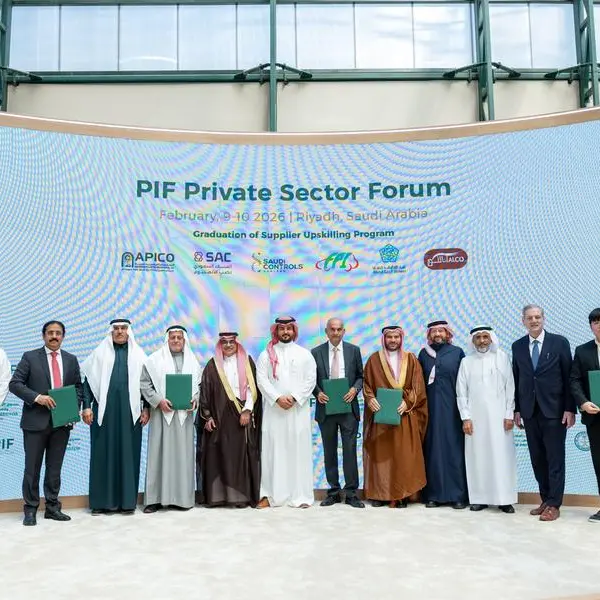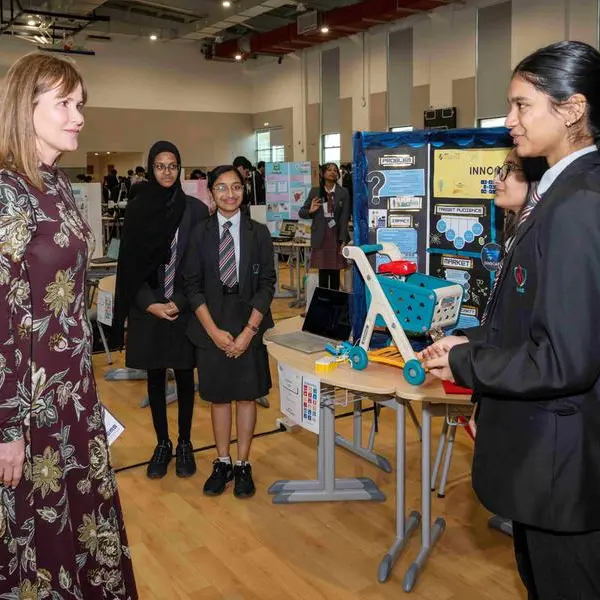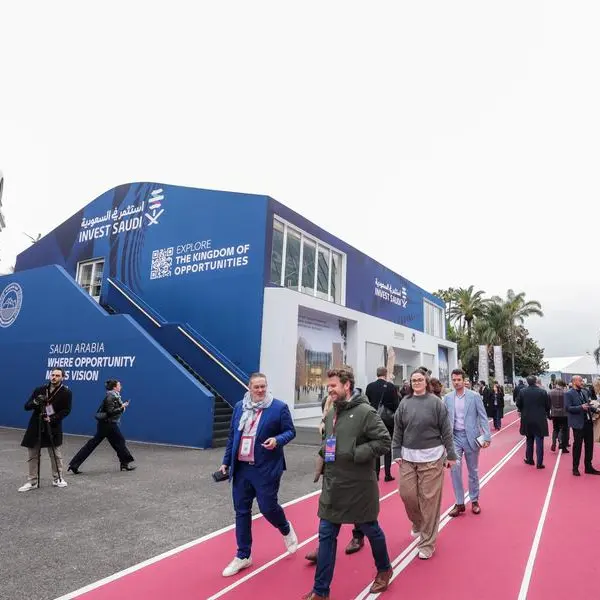PHOTO
Kuala Lumpur, Malaysia: Malaysia’s whole-of-nation approach to building financial resilience is holistic, emphasising inclusive development and addressing the needs of all society. Anchoring this, Malaysia’s Ekonomi MADANI framework sets the foundation to address and steer the country towards sustainable growth.
Minister of Finance II Datuk Seri Amir Hamzah Azizan said this at the Global Forum on Islamic Economics and Finance (GFIEF). He was part of a dialogue titled, ‘Navigating the Global Economy in Post-Normal Times: Application of Values-Based Reforms’. The discussion centred on policy considerations in the pathway towards sustainable economic development, which necessitates a stronger act towards the importance of international partnerships and innovation. Islamic finance's continued advancement is central to this.
He explained that the MADANI framework aims to lift the economic "ceiling" by increasing sustainable productivity and the "floor" by ensuring that economic benefits reach all levels of society.
“Ultimately, it comes back to doing the right thing for the people and embedding value-added investments in education, infrastructure, and health,” he said.
Amir highlighted that Islamic finance offers innovative tools such as the waqf mechanism with adequate support and enablers. “Philanthropy plays an important element in allowing us to balance risk-reward mechanisms in investments. It enables us to give back to society in the best form. If we can better optimise waqf instruments, we can improve the standard of living,” he said.
He further spotlighted Malaysia’s MADANI Framework, which aims to get the basics right in delivering public services and serving the people. Efforts towards building robust economic policies such as NETR and better social protection are underway. Targeted subsidy assistance will free up fiscal space for more critical investments to ensure a fair and just society. Innovations in financial mechanisms, like shariah-based private equity and equity crowdfunding, are being promoted to support micro, small, and medium enterprises (MSMEs) and drive inclusive economic growth. He also emphasised the importance of having a good governance framework and delivery system for sustainable growth.
At the session, Muratbek Azymbakiev, Head of the Foreign Policy Department of the Presidential Administration of the Kyrgyz Republic, discussed various issues on economy, digitalisation and climate transition, highlighting the critical role of Islamic finance in strengthening global economies amid global uncertainties. For Muratbek, he felt it is crucial for his government to learn from other Islamic finance players and welcome global cooperation to achieve climate goals and the SDGs for its people. He noted that Kyrgyzstan’s economy has shown 70% annual GDP growth over the last three years, with the first quarter of 2024 recording an 8.8% GDP growth, encouraging further investment in the country.
The session also featured addresses from His Excellency Dr. Muhammad Sulaiman Al Jasser, President of the Islamic Development Bank, and Dr. Axel von Trotsenburg, Senior Managing Director of the World Bank.
Dr. Trotsenburg said that partnerships are vital in the current post-pandemic era. He noted that it has become evident that no nation can meet climate goals, reduce extreme poverty, and achieve the Sustainable Development Goals (SDGs) alone.
He remarked that richer nations need to address investment disparities, where Islamic finance can play a significant role. Dr. Trotsenburg mentioned that an “enormous amount” of USD3 trillion has already been mobilised within the Islamic finance sector, but more can be done, particularly in collaboration with the Islamic Development Bank and other Islamic finance institutions.
Dr. Al Jasser concurred that collaborations are key to fostering resilience and inclusive growth, as well as supporting the greening of the halal industry ecosystem. “I am confident that together we can harness the power of Islamic economics and finance to build a world that is not only economically vibrant but also socially just and environmentally sustainable,” he added.
Under the patronage of the Ministry of Finance Malaysia (MOF), GFIEF is organised by Bank Negara Malaysia in collaboration with the Securities Commission Malaysia, Labuan Financial Services Authority, the International Islamic Liquidity Management Corporation, the Islamic Development Bank (IsDB), the Islamic Financial Services Board and the World Bank Group (WB).
-Ends-
About GFIEF 2024:
The Global Forum on Islamic Economics and Finance (GFIEF) brings together over 2,300 policymakers, industry leaders and practitioners from 75 countries in Kuala Lumpur. Themed ‘Shaping a Resilient Global Islamic Economy Through Values-based Reforms’, the two-day forum aims to unlock the transformative power of Islamic economics and finance in fostering shared prosperity and equity. GFIEF features policy discourse and innovative solutions based on Islamic economics and finance principles to address the world's challenges.
For more information, please visit kl.gfief.com.my
Media Contact:
Wai Fong TAN (Ms)
Media Co-ordinator
waifong@twfcomms.com




















